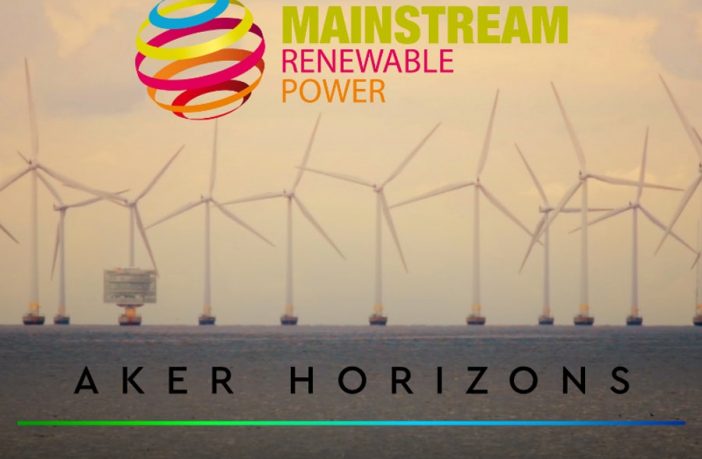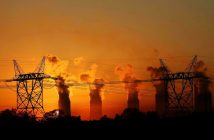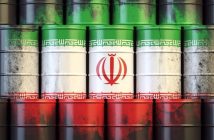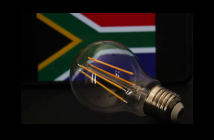Responding to negative comments made at Dublin Climate Dialogues last week, by the Mainstream Renewable Power’s former-Chairman, Dr. Eddie O’Connor, on Africa’s capability to handle renewable energy investment, the South African renewable energy sector has explicitly state their objection:
Representing the wind and solar industries, the South Africa Wind Energy Association (SAWEA) and the South African PV Industry Association (SAPVIA), stand by the conviction that the country’s and indeed the continent’s Renewable Energy sector continues to grow in South Africa with the Independent Power Procurement Programme (REIPPPP), being a prime example of a world-class programme originating in Africa.
“As an African, I am deeply offended and concerned by the unfounded statements made knowing that our industry is largely owned, operated and constructed locally, driven by our Government and benefiting the people of South Africa, while providing attractive investment opportunities for global market players, which demonstrates that we can be proud of this sector’s ascribed skills and expertise, despite being comparatively young,” said Niveshen Govender, Chief Operations Officer at SAPVIA.
Related news: Mainstream’s CEO Eddie O’Conner resigns after making deplorable comments about the African renewable energy sector
The global energy industry by and large regards the African Renewable Energy market as a fast growing market. For wind energy, the Global Wind Energy Council has reported that Africa reached 6GW installed capacity in 2020, a figure that’s expected to surge to 10.7 GW over the next 5 years, driven largely by South Africa, Egypt and Morocco. Similarly, the Global Solar Council estimates 6.6GW of solar PV is to be installed per year across the African continent.
Related news: The South Africa Independent Power Producers Association denounces colonialistic comments by Mainstream’s CEO Eddie O’Conner.
The South African Government designed and implemented REIPPP programme, has been hailed as being well designed, transparent and fair. In less than a decade, the sector has proven its ability to deliver over 112 independent wind and solar power projects on time and on budget adding much needed 6000 MW+ of clean generating capacity onto the grid, as well as over R 209 billion in investment flows into the South African economy.
“We have much to be proud of – this is a sector built on the basis of government policy and our government has demonstrated the will to resolve regulatory barriers to enable the sector to grow. Renewable energy in SA owned and built by and for South Africans, with 84% of the total equity in the sector held by local investors, demonstrating the country’s ability to hold its own in terms of RE deployment,” added Ntombifuthi Ntuli, CEO of SAWEA.
The capability that has been built and localised in the country on the back of the REIPPPP programme is immense and extends to technical skills, manufacturing of components and auxiliary services in support of the sector’s growth.
Earlier this year Mr O’Conner and his management team sold 75% of Mainstream Renewable Power to Norwegian group Aker Horizons. Read more
In a statement Aker Horizons said Mr O’Conner was resigning with immediate effect. Kristian Røkke has been appointed chairman of the board of Mainstream, succeeding Mr O’Connor, who is leaving the board.











